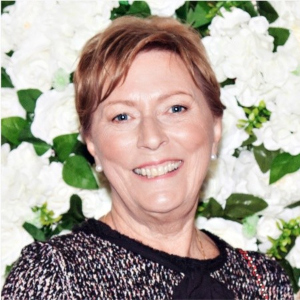Abstract:
There appears to be general consensus in available literature that care for patients with life-threatening illnesses is suboptimal (Fitzsimons et al., 2007), and that research addressing the need of this population is limited (Wilson et al., 2007). One such need which does not appear to be addressed in literature is the incorporation of gratis in-home oncology psychotherapeutic support (defined as Gi-hops) to address the unmet financial, psychological, and psychosocial needs of this population. This discussion examines the usefulness of gratis in-home oncology psychotherapeutic support for children and adults with a life-threatening illness: a population in a period of increased vulnerability (Carlson & Bultz 2003; Carlson et al., 2004) who would benefit from being active participants in their healing. McCorkie et al. (2000) suggest that this in turn could have a profound effect on not only their quality of life but also their longevity. As has been elucidated above, research addressing the need of this population is limited hence a portion of this discussion will be based on personal experiences as an Oncology Psychotherapist. Over many years it has become increasingly evident to me that regardless of age, gender, race, or ethnicity there are many common threads linking people with a life-threatening illness. Threads including but not limited to financial debilitation, and emotional distresses such as: fear, disempowerment, depression and anxiety. In relation to financial debilitation Finkelstein et al. (2009) suggest that individuals diagnosed with cancer are not only burdened with poor health, they are also burdened with high out-of-pocket medical expenses, the probability of being unemployed, and loss of income due to the illness. These findings support the need for gratis in-home psychotherapeutic support. When addressing the issue of emotional distresses Lazenby (2014) states that 40% of patients with cancer report distress and over 8% of patients with cancer report serious psychosocial distress. As a result of my observations, I established boob buddies Inc. a not-for-profit charity to provide gratis in-home oncology psychotherapeutic support to help children and adults cope with the unseen side effects of cancer. Through an eclectic use of therapeutic modalities I am committed to empowering children and adults in this population by helping them to become active participants in their healing. Embedded within this relationship is an acknowledgement of the philosophical beliefs of Existential Phenomenology which profess that there are ‘givens’ in life from which we cannot escape. As an Oncology Psychotherapist I also place great emphasis on the Gestalt modality with the focus on the importance of ‘the here and now’ ‘the I and Thou’ and ‘the what and how’. During the most vulnerable chapter of their lives I bring empathy, respect, humility, and gratitude to the therapeutic relationship. A strong recommendation is that gratis in-home oncology psychotherapeutic support, a need which up to date has not been addressed, is acknowledged by doctors and other health professionals as an integral service which would be invaluable to this population.




